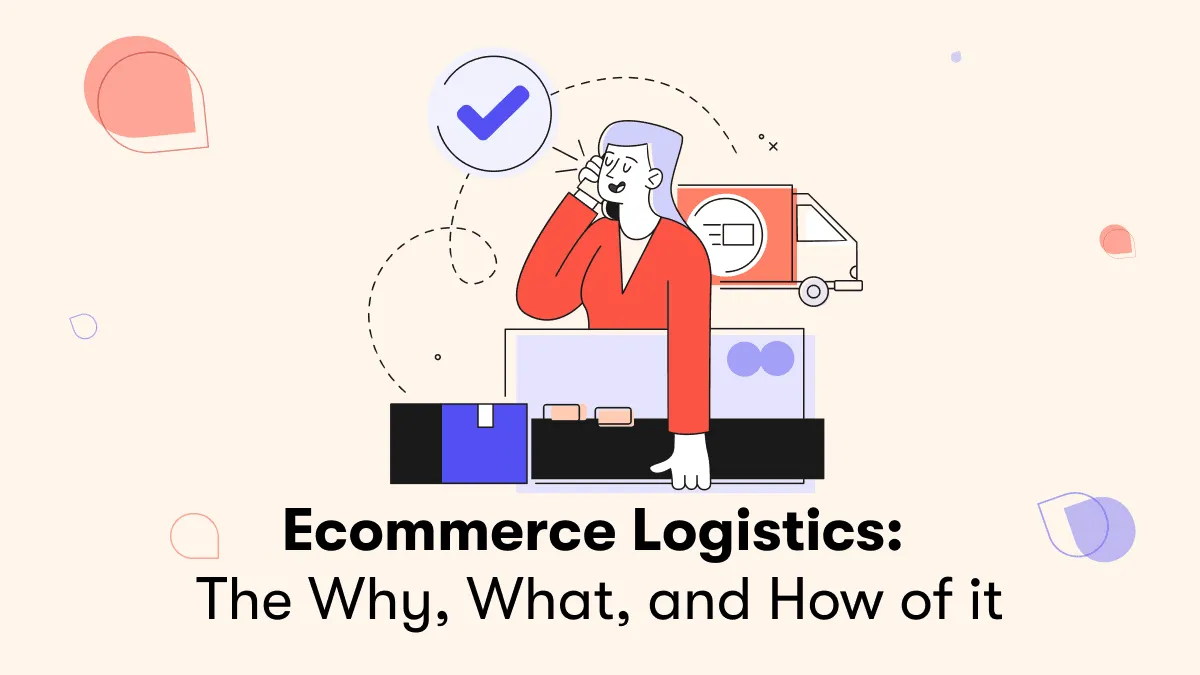What is a fulfillment center and why is it important?
Fulfillment centers enable ecommerce merchants to outsource warehousing and shipping. This relieves online business of the necessary physical space to store all products, which is beneficial for merchants without the capacity to directly manage inventory. Sellers send merchandise to the fulfillment center, and the outsourced provider ships it to customers for them.
Inventory management is a prevalent operational problem for many online stores, but is an essential component of cultivating the best possible customer experience. Fulfillment centers make inventory management much easier and allow store owners more time to focus on other areas of their business.
What are some of the most significant inventory management problems?
A common issue for many online stores is overselling, which is when merchants have more orders for a certain item than they have the inventory to fulfill. Online stores then to email customers and inform the item is out of stock, which leads to lost sales and poor consumer sentiment. If angry customers write reviews, oversells discourage potential sales from other buyers. Outsourcing fulfillment tightens control over inventory management.
Stockouts are when an item is displayed as unavailable on the website, which is problematic if it is a product that sells well. In addition, many smaller ecommerce websites face issues with picking and shipping. Mispicks are when you select the wrong product for an order. Misships are when the wrong item is sent to a customer. Damaged items are typically the correct product, but the product is unusable by the time it reaches the customer. Because ecommerce store owners have a great deal of tasks to handle, shipping issues are a risk. In particular, this type of inventory problem harms customer satisfaction.

Using a fulfillment center to coordinate inventory and ship to customers
Online stores have a couple options for managing inventory with an outsourced fulfillment center: receive and review items before sending them to the fulfillment center or have them shipped to the warehouse directly from the manufacturer. Depending on the type of online store, you will need to select one of these options. A fulfillment center gives you the ability to scale your business in the future. If you plan to launch new product lines in the future, fulfillment won’t require as much additional attention. Outsourced fulfillment speeds up the time a new line can reach the market.
Plus, this service improves shipping and returns processes. Because major carriers are often willing to negotiate with shippers that promise a high volume of parcels, fulfillment centers are often able to get a better rate than an individual online store could on its own. Lower fixed shipping costs enable some merchants to begin offering free shipping to customers. Outsourced fulfillment centers send package tracking numbers to merchants, who then pass the information on to customers.
Outsourcing fulfillment strengthens your returns process. Some industries, such as fashion and retail, have higher instances of returns. Returned merchandise can be sent to the warehouse instead of your place of operation. This gives store owners more flexibility and ensures there are fewer issues with processing. Merchants just need to issue refunds when necessary, rather than coordinating return shipping.
When selecting an outsourced warehouse and fulfillment partner, it’s important to make sure they can integrate with your existing ecommerce software. This makes it easier to keep track of orders and send customers tracking information. Many providers will work with an online store’s individual needs to find the right solution. Outsourcing something as time-consuming and complicated as fulfillment can streamline operations for merchants.
Source: BigCommerce

